Cold weather, dark mornings and winter chills can spike energy bills for all businesses. In addition to costing your company much more during the cold months, this can also massively increase your carbon footprint. In today’s environmentally conscious world, reducing your energy consumption is more important than ever.
Earlier in the month, we gave you four tips on how to save energy in the winter months. In this post, we’ll take an even closer look at some of the ways you can reduce your energy consumption this winter. From simple switching off to flexible working policies, there are many ways you can reduce your bills, minimise your carbon footprint and stay on the right side of eco-conscious consumers.
For many businesses, enforcing rules to ensure all electronics are switched off rather than put on standby can be difficult. However, if you can start to roll it out across the business, the energy saving can be huge. Over a year, turning off a computer instead of leaving it on standby saves around £6 of energy . While this may not seem significant, it could become a massive saving each year when multiplied by the number of employees at your company.
Posters and stickers by plug sockets and desks will gently remind employees to switch off their electronics at the end of each working day. Doing so can also help prolong the life span of your technology.
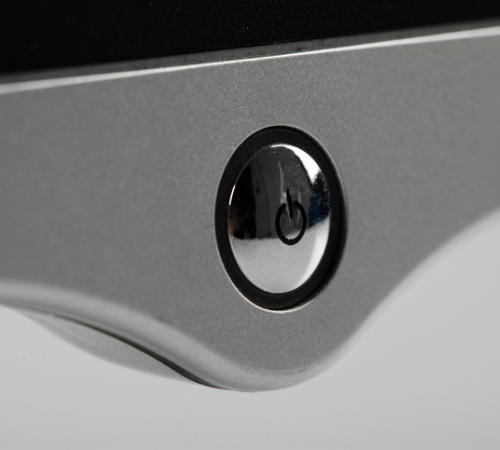
One of the best ways to reduce your energy consumption is to automate the lighting and heating systems in your workplace. Trusting staff to switch the lights and heating off may not always work for you, and it can prove costly for your business.
By automating your systems, you can make sure the lights are turned on and off at the appropriate times, and that the heating is set to a certain temperature depending on the time of year.
Fortunately, you can also change the settings on your automated system should the unpredictable UK weather require it. However, it’s possible to set restrictions to avoid employees turning the thermostat higher than required, so there’s no need to worry about unexpectedly high bills.
As well as putting all lights on a timer, you may also want to consider motion detection lighting in less frequented areas. Bathrooms, kitchens and meeting rooms may be used less often, but lights could be left on accidently, wasting energy throughout the day. Installing motion sensing lights can ensure lights are only used when necessary, and turned off when no one is using the room to reduce energy consumption.
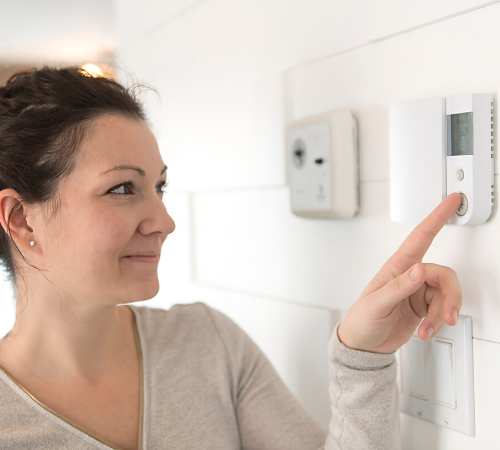
You may not even realise the amount of energy that your company is using, especially if you have a high number of staff or multiple sites. You could be heating rooms or powering appliances that you don’t even use, for instance. Before implementing major changes, it’s best to consider all aspects of your business to work out the key areas that need attention.
An energy auditor can survey your company, giving an external insight into your business. This can help identify clear areas in your company that may be missed in an internal audit.
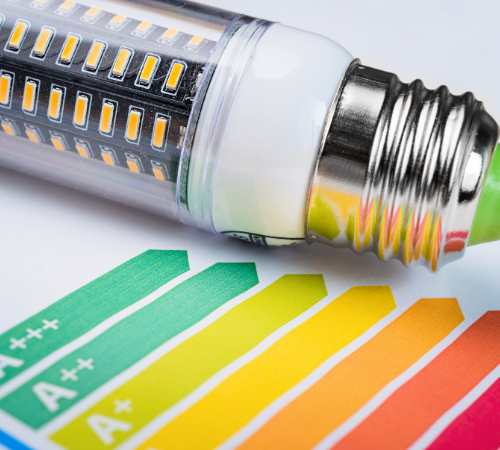
Once you have carried out an energy audit, there will likely be certain areas within your company that need work.
One of those areas may be the equipment you’re using. For example, laptops use 50-80% less energy than a standard desktop computer, making a huge difference to your overall energy consumption.
Additionally, choosing an appliance with an A+ energy rating can not only reduce your carbon footprint, but significantly lower your energy bills. Energy saving lightbulbs or compact fluorescent bulbs can also help you to reduce energy consumption. Moreover, they generally last longer than regular bulbs, meaning you have to change them less often.
Your property may be leaking heat and energy, without you even realising. Windows being left on the latch, draughts coming in through gaps in doors and a lack of insulation can all impact how much heat is escaping your property. Conduct a thorough check of your offices, looking out for small gaps and holes that need boarding up. You may also want to insulate your loft space and walls to keep the heat in, as well as installing double glazing to prevent heat escaping through your windows.
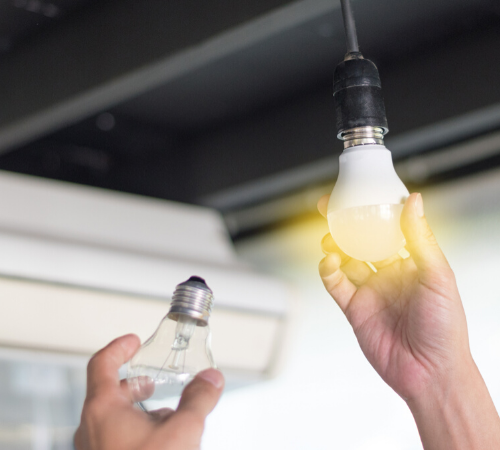
Along with flexible working, you can engage and educate your employees on the benefits of energy efficiency. Hosting energy workshops and utilising educational material can help to minimise your energy output. There are several policies you can implement through engagement workshops:
Encouraging staff to keep doors closed, particularly if you work in retail, can help to dramatically reduce your energy consumption. In the winter months, keeping the cold air out will help to conserve the heat indoors, meaning you don’t have to constantly up your heating to stay warm.
Ensuring all lightbulbs, lamps, computer screens, windows and reflective surfaces are regularly cleaned can massively help to increase their light output. Having a high number of windows, with double glazing to preserve warmth, can let a lot of natural light in, but only if they’re clean.

Alongside reducing your energy consumption, it’s possible to minimise the cost of energy bills by switching suppliers. Many companies are wasting hundreds, perhaps even thousands, of pounds every year simply by not comparing prices with alternative energy suppliers. There are a number of key things to look out for when switching suppliers:
Most energy companies will provide some level of control over your consumption. But you need to make sure you’re getting the most for your money. Choose a provider that makes measuring your energy easy. A smart meter gives you access to your energy data at all times. Whether you want to make sure you’re staying within budget, set automatic reminders or switch your heating on ready for a 9am start, with smart metering, you are in complete control at all times.
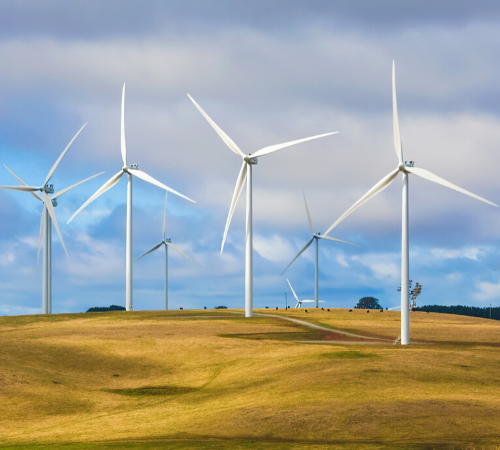
Find out how Valda Energy can help you today, with outstanding customer service, straightforward billing, competitive prices and flexible payment options. Get a quote now or contact us to find out more about how we can help your SME.